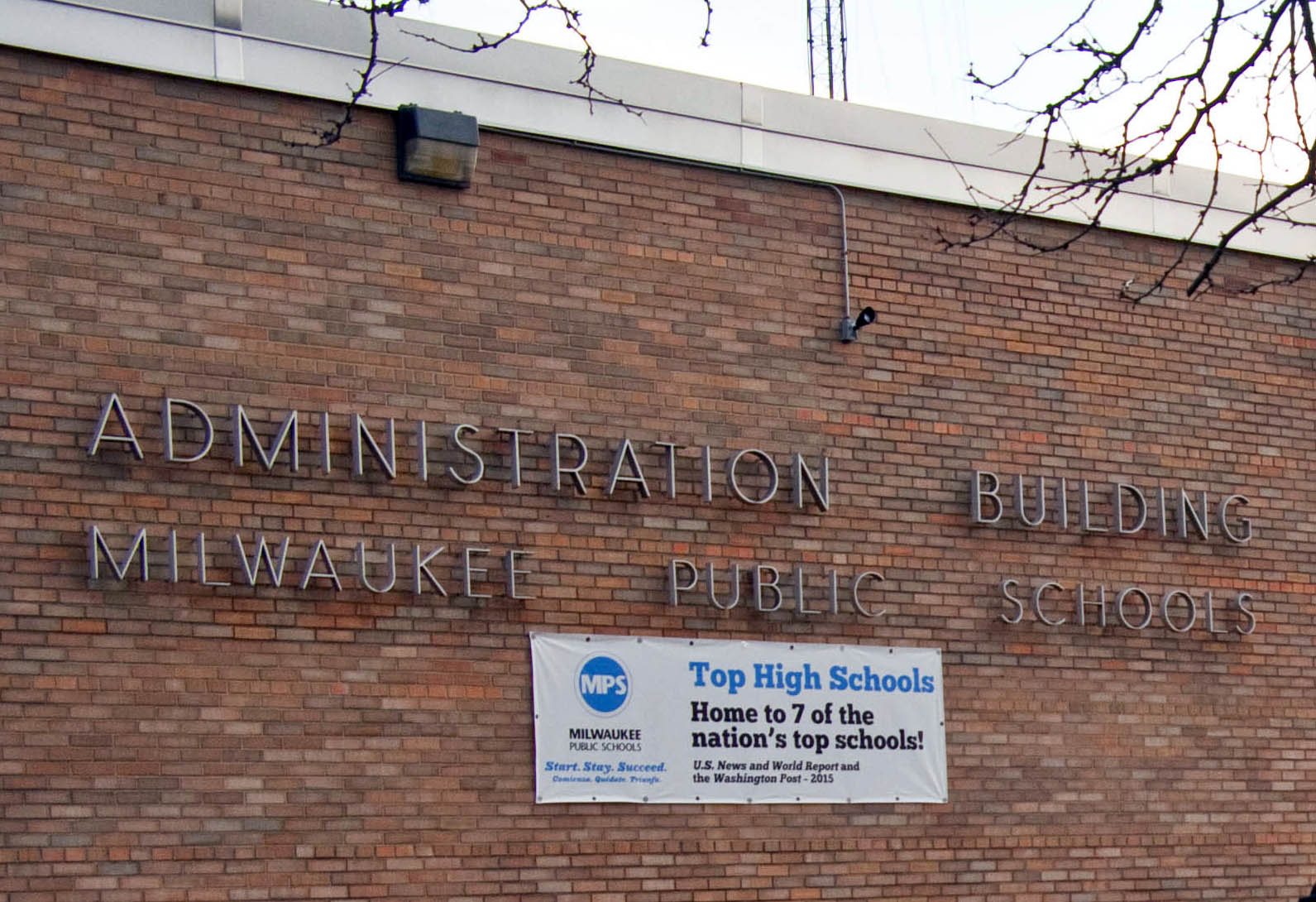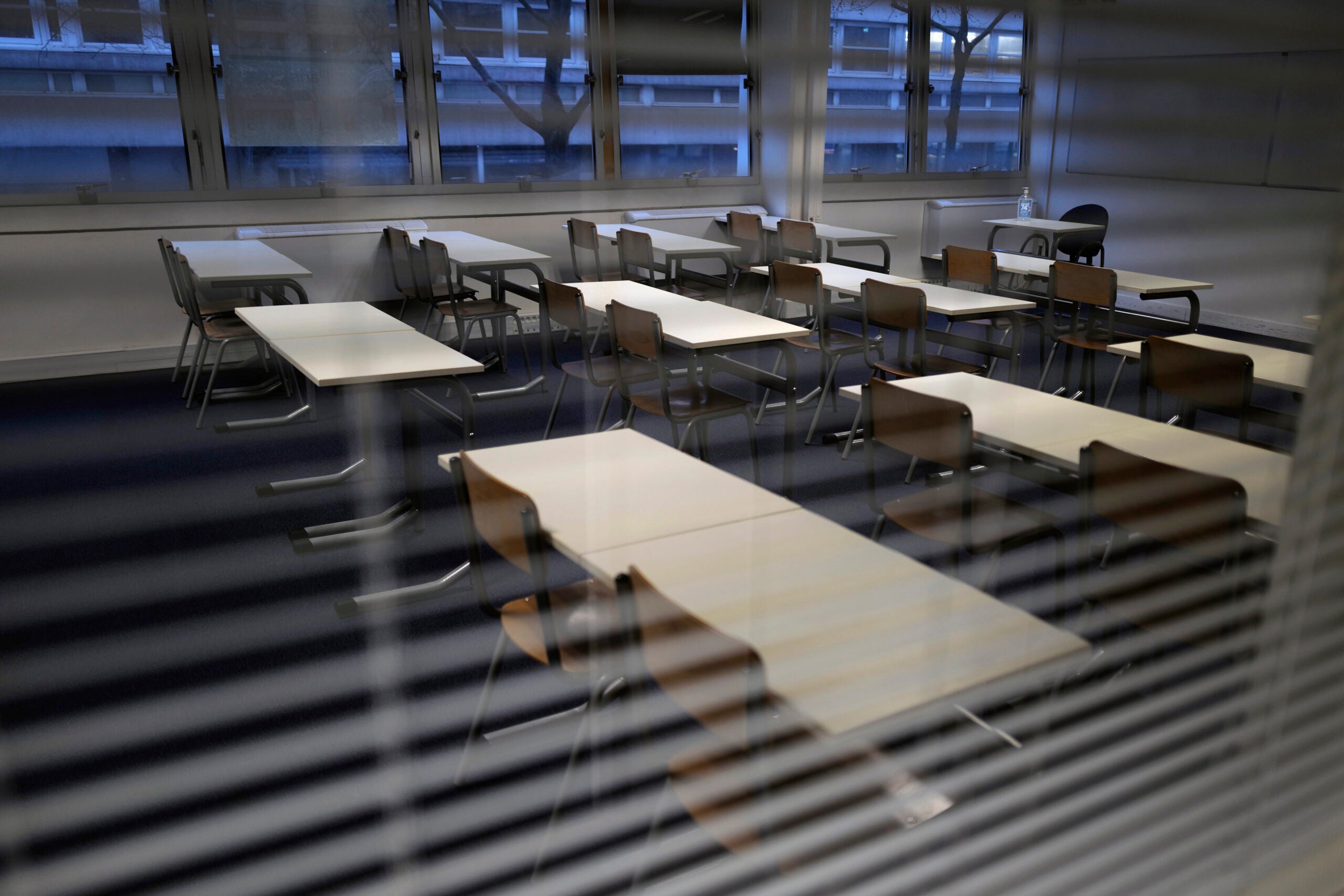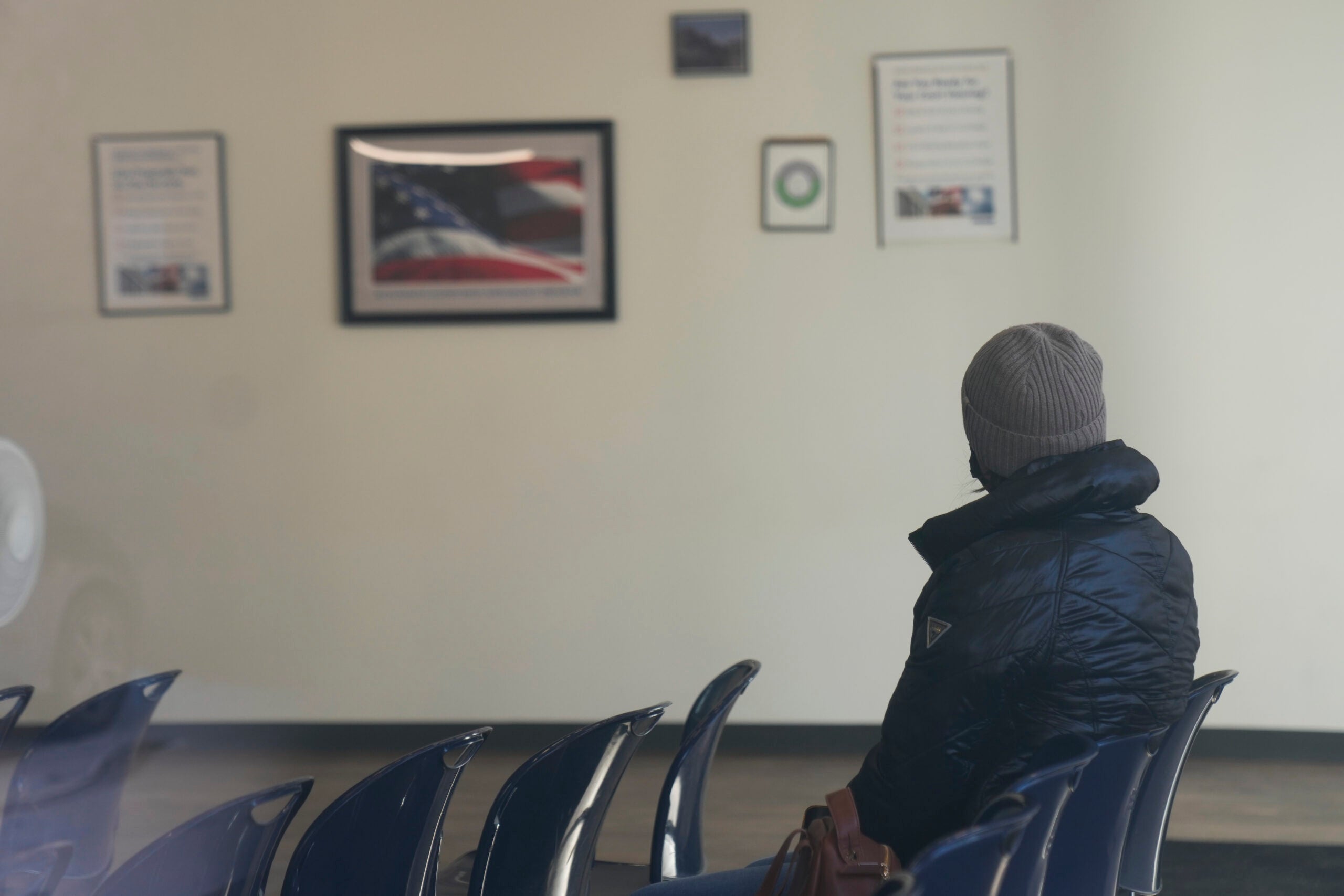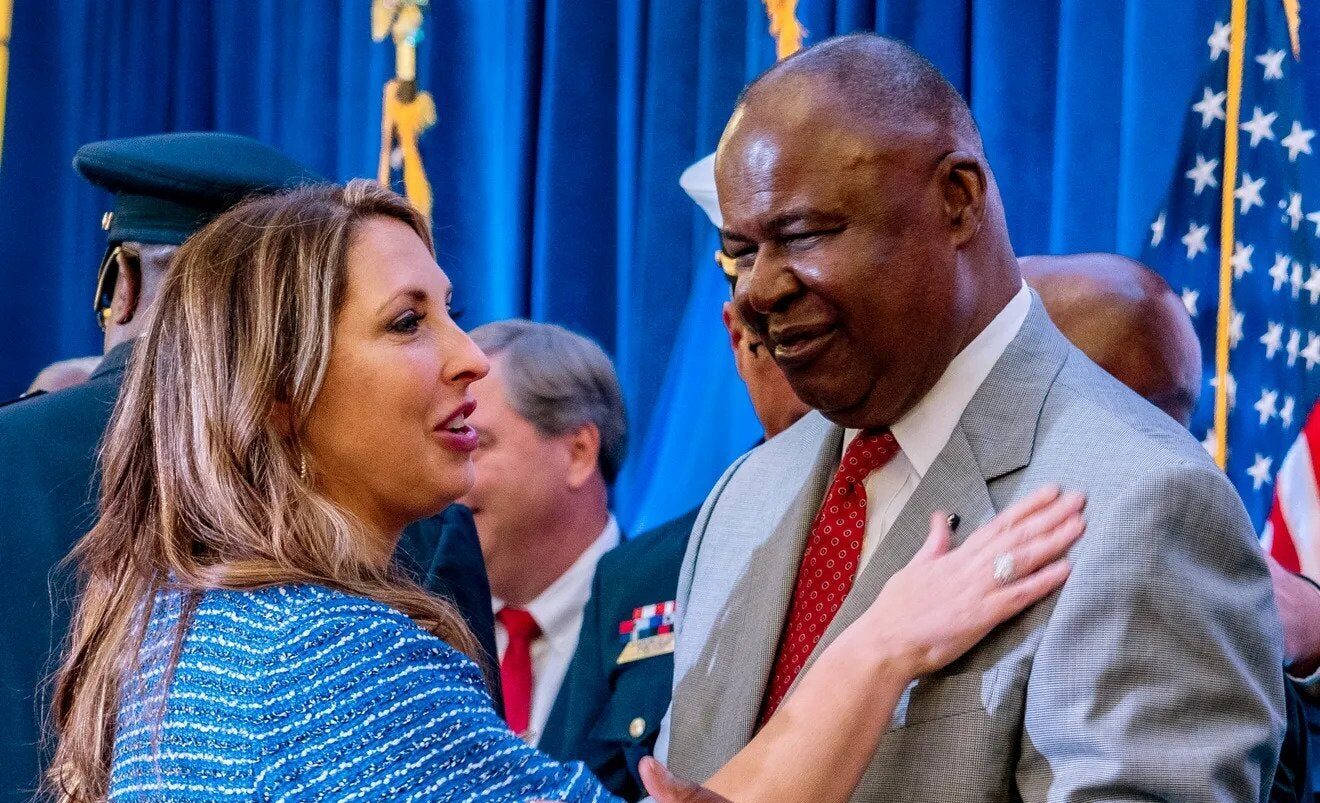There were nearly 24,000 suspensions in Milwaukee Public Schools during the last school year, with Black students making up 78 percent of the suspension events.
That’s compared to just 3 percent of suspensions for white students, according to data recently presented to an MPS committee.
Just under 50 percent of the district’s 67,495 students are Black. Nine percent are white.
Stay informed on the latest news
Sign up for WPR’s email newsletter.
About 14 percent of the students suspended last school year were Hispanic. Hispanic students make up about 28 percent of the district’s population.
Jon Jagemann, district discipline manager, said Black students are still being suspended at a much higher rate than the district would like to see, but there has been some positive movement.
“It is down 2 percent. It was 80 percent for multiple years,” Jagemann said. “And sometimes, movement, the first step is the hardest. It has not moved enough. We all acknowledge that.”
Ninth grade had the largest number of suspensions incidents last year, with 5,884.
Jagemann said the district is going to continue to focus on bridge programs for freshmen, and relationship building for ninth grade teachers and students.
Administrators have given suspension updates since September 2020, following an investigation by the U.S. Department of Education’s Office of Civil Rights that found MPS had disproportionately suspended or expelled Black students.
Restorative justice proven more effective
Multiple studies have found suspensions are ineffective in most cases. Restorative justice practices, such as counseling or mediation, are more successful.
An annual discipline survey with MPS found the most requested professional development topics included reentry, alternatives to suspension, classroom management, restorative justice practices, student voice, culturally responsive problem solving, and microaggressions.
The district has also held different student events focused on building restorative justice practices. In April, about 200 Black and Latino young men from 10 MPS high schools went to a Black and Latino Male Achievement Mental Health Symposium at Marquette University.
Gabriel Velez, an assistant professor of educational policy and leadership at Marquette, helped organize that event. He is also working with MPS’ office of restorative practices.
He said the students being suspended are not living in a vacuum — they are seeing and experiencing high rates of trauma that follow them into the classroom.
“One of the things with restorative practice is it takes time,” Velez said. “It doesn’t happen over night. And that’s hard. These are kids’ lives.”
Milwaukee School Board Member Henry Leonard said he hopes the district can move away from suspensions and toward more restorative justice practices.
“Are we going to see that next year? I don’t think so. It’s going to take some time to really make that happen more full scale, but I believe it can be done,” Leonard said.
Leonard added he visits high schools when he can and students tell him there is a small percentage of students that have a tendency to take over their classrooms or buildings making it difficult for all students.
“They want more control and leadership from us,” Leonard said. “I guess that’d be the best way to say it, and they bring that out to me very clearly in these conversations. I don’t think this is any real big mystery.”
Correction: There were 24,000 suspension “events,” not students suspended.
Wisconsin Public Radio, © Copyright 2025, Board of Regents of the University of Wisconsin System and Wisconsin Educational Communications Board.



